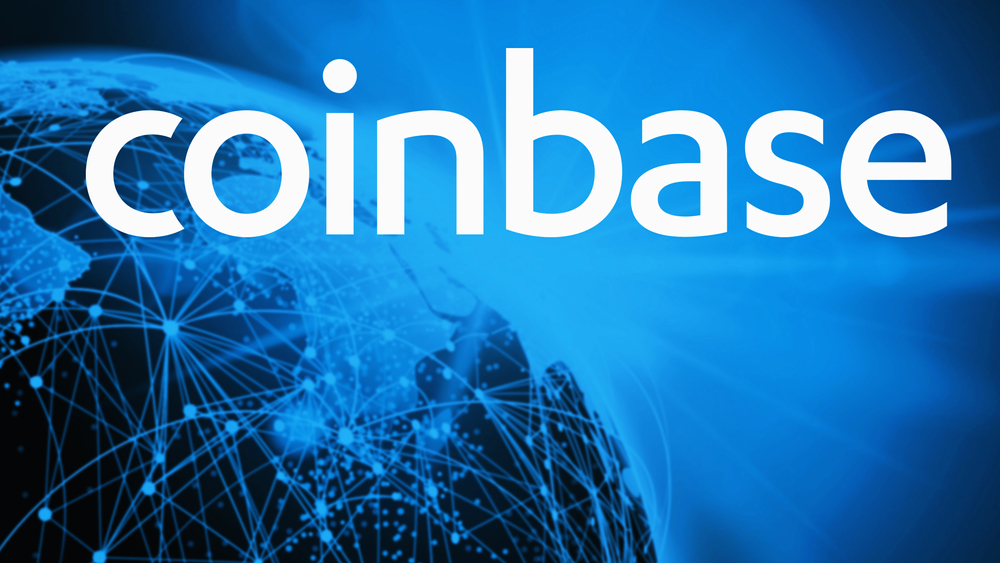US top crypto exchange Coinbase announced on Saturday that it will update the terms of its staking service. The decision comes a few weeks after regulators began going after similar services.
In a statement, Coinbase insisted that staking will continue, and going forward, customers will earn rewards via protocols and not the exchange itself.
In simple terms, staking involves committing cryptocurrencies to a certain proof of stake blockchain to keep it running. That said, users of Cardarno, Solana, and Ethereum can earn rewards for doing so.
But staking can be complex, so platforms like Coinbase offer to carry out the process on behalf of its customers.
Changes Made to Coinbase’s Staking Service
Coinbase stated in its announcement that the staking service will now only connect users to protocols and validators, adding that it will charge a ‘transparent service fee’.
Another big change is that users will be required to unstake their crypto assets before transferring or selling them. This will align Coinbase’s service with the kind of staking service provided in blockchains natively.
The cryptocurrencies that Coinbase users must unstake include Cosmos, Solana, Tezos, and Cardano. Currently, Solana holders on Coinbase earn staking rewards without opting into the exchange’s staking service and can sell and transfer this asset whenever they please. However, that’s changing.
The exchange now warns that all assets staked on its platform might take a few hours or weeks before users can unstake and move or sell them. Coinbase cited that the timeframe depends on protocols’ rules.
What Fueled Coinbase to Update Its Staking Service?
The changes to Coinbase’s staking service come after the US Securities and Exchange Commission (SEC) penalized crypto Kraken last month for offering a staking service that reportedly violated securities laws.
According to SEC, Kraken failed to register its staking-as-a-service program with the agency. The Commission also ordered the American-based exchange to block US customers from using its staking service.
SEC says exchanges may violate securities laws when they offer their staking services in a manner that makes them too much of an intermediary, especially when they determine the returns their clients would receive instead of the protocols.
